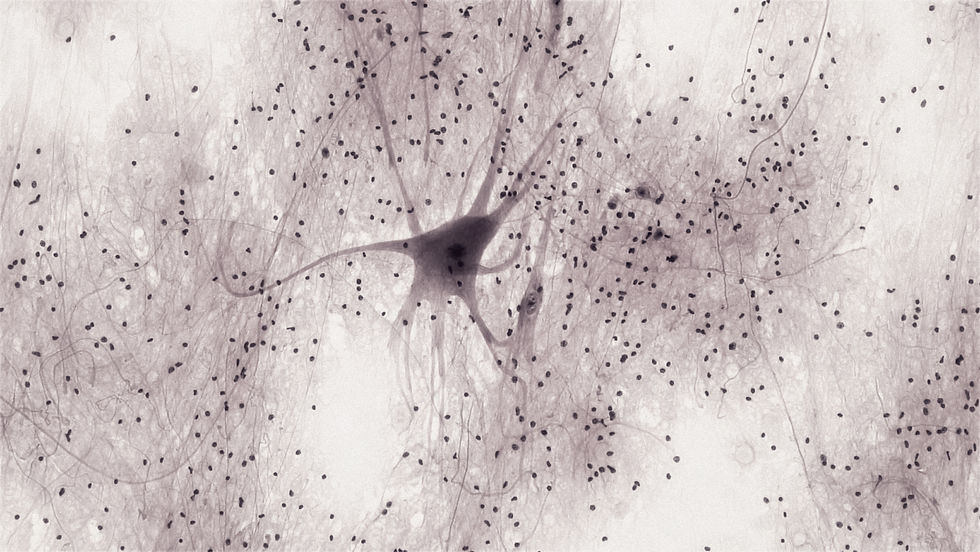The cause and symptoms of Stress and Anxiety:
- stephanie Betschart
- Mar 10, 2021
- 2 min read
Updated: Feb 18, 2025
Anxiety and stress can be caused by a number of factors such as elements of loss or bereavement, divorce, redundancy or an accident. Positive life events such as marriage, moving home, or a new job can equally be just as stressful.
Sometimes it is the accumulation of things over time such as pressure at work, family illnesses, the impact of long-term illness or disability, disappointment or life just not quite going the way you want.
But when stress gets out of hand, our mental and physical health is affected, and we lose our ability to enjoy life and our relationships. Some people get ill, tired and lose confidence. At the extreme people suddenly find themselves stuck in their home unbale to go to work or school, or unable to eat or sleep.
The condition should not be left untreated because of a risk that it degenerates to more serious forms of long-term anxiety and depression.

Other symptoms of stress and anxiety can include:
Loss of concentration, impaired mental faculties
Increased irritability and heightened sensitivity to criticism
Increase in bad habits such as nail-biting, drinking and smoking
Difficulty sleeping
Irrational worrying, constant feeling of dread and panic attacks
Symptoms of irritable bowel (IBS)
Weaken the immune system resulting in frequent colds or feeling generally run down
Anxiety is a response pattern that results from part of our genetic make-up. Commonly called the “fight or flight response”, it is activated when we perceive we are in danger. This was useful to primitive people to prepare them for attacks from predators and rival tribes.
Today, the same patterns are activated when we are presented with more challenges and stresses than we think we can deal with. Our thoughts and perspectives will determine how ‘dangerous’ the brain will consider the situation to be.
Hypnotherapy, combining hypnosis with a Solution Focused approach, is particularly effective in reducing stress and anxiety as it deals directly with the subconscious and makes good therapeutic use of the mind-body connection to promote calm, calm the fight or flight response and regain control of thought patterns so as to become more in touch with one owns coping mechanisms and solutions.




Comments